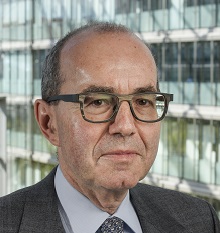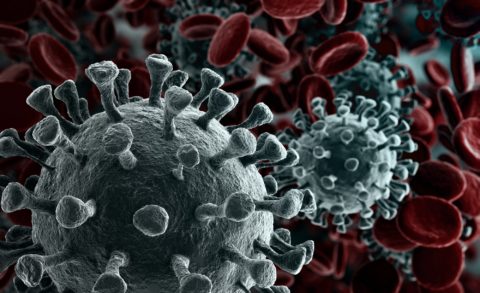Thomas Cueni, IFPMA Director General, spoke to BBC Newshour on 19 March about the commitments made by the global pharmaceutical industry in addressing the COVID-19 global health crisis.
Industry has the tools and solutions to fight and defeat the novel strain of coronavirus. In this unique situation, industry commits to tackle this issue collaboratively – not just among the industry, but with WHO and with other health agencies.
There has already been an intense and rapid mobilization from industry: companies rapidly opened and started screening their libraries of medicines. Given that the virus was new and unknown until 2 months ago, there was neither a vaccine nor medicine that has been tested yet.
Speaking about the commitments, Thomas Cueni said: “We know we need to find something fast, because the impact of COVID-19 is so big. It goes beyond. It is about sharing clinical trial data. It’s even talking about sharing and increasing manufacturing capabilities: ramping up capabilities for testing, manufacturing of vaccines, once we have one, or of medicines. This is something that, at this scale, has never happened before”.
Addressing a question on competitiveness, Thomas Cueni explained that:
“The CEOs from big global pharma companies today, when they were asked about the profit motivation behind entering in the race to find a new vaccine or new medicine for COVID-19, said: “we simply did not have time to think about profit or price. We’re in this because it is a huge public threat, and it is what society expects”. This industry is traditionally fiercely competitive, and we see the benefit already of the private research, the competitive nature of pharma research. We don’t have just have one or two leads or medicines that are tested, we see already more 80 clinical trials for medicines to see whether they are effective to treat COVID-19 patients. We benefit from the experience and lessons of previous public health threats such as Ebola, SARS, Zika. We will need to be patient and we will need to hope we can flatten the curve”.
Listen to the full interview here (4 minutes).









